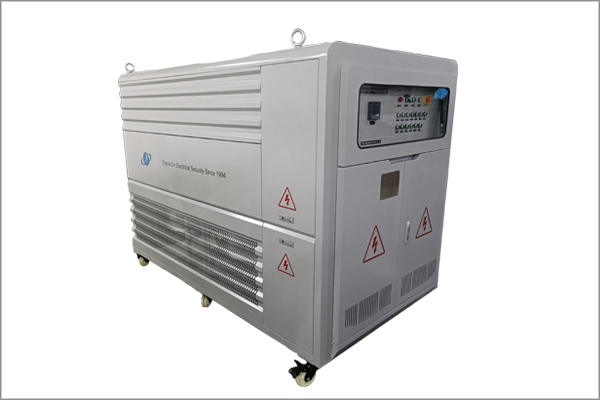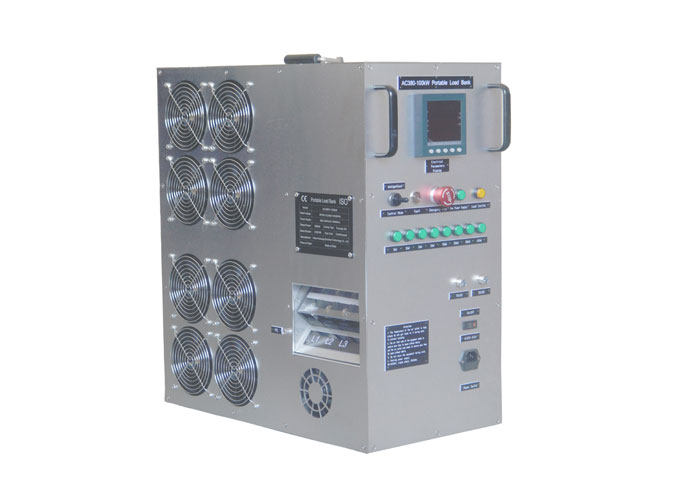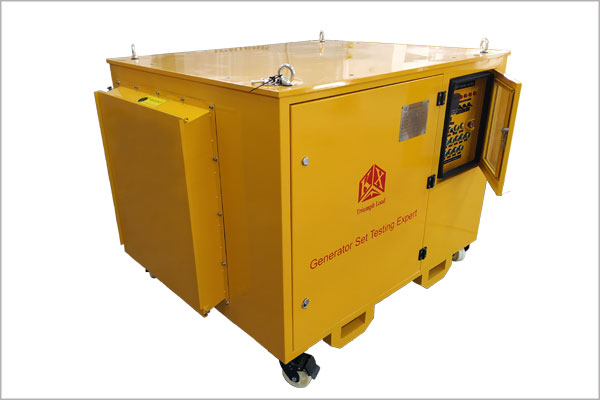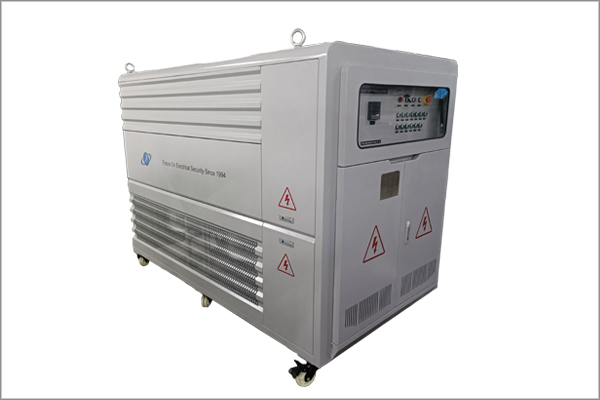What are the working environment requirements for backup generators?
Time:2024-04-22
The working environment requirements of backup generators include the following aspects:
Safety environment: There must be no flammable, explosive, corrosive items around the generator, should be away from closed Spaces, such as cellars and other narrow Spaces, in order to prevent poisoning caused by poor release of CO. At the same time, the generator should also be away from the humid and corrosive environment, because the humid gas and corrosive substances will threaten the operation safety of the generator. In addition, the oil tank of the generator should be placed separately from the generator equipment, such as the oil tank can be installed in the space with a firewall, fire door, etc., and the area must be strictly prohibited fireworks to ensure fire safety.
Temperature requirements: The generator needs stable temperature control when working, and the ambient temperature is generally applicable between -15 ° C and 40 ° C. In the high temperature environment, the induced voltage of the generator may increase, which may easily lead to overload. At low temperatures, the flow of oil and cooling water may be affected, which in turn affects the performance and service life of the generator.
Humidity requirements: The use of the generator humidity should generally be between 20% and 85%. Excessive humidity will affect the insulation performance of the generator and increase the risk of electrical failure. Too low humidity may cause excessive drying of mechanical components, resulting in damage. Therefore, when using the generator in a high humidity environment, moisture-proof measures should be taken to keep the ambient humidity stable.
Altitude requirements: The use of generators at altitude is generally limited, and specific restrictions vary according to different models and configurations. An altitude that is too high (e.g. 2000 m) or too low (e.g. -500 m) can affect the power output of the generator and even cause it to not work properly.
Ventilation requirements: The generator needs adequate ventilation to ensure that the engine fuel reacts adequately with oxygen in the air to ensure its performance and reliability.
Noise control: Generators may produce noise during operation, so in some specific scenarios (such as residential areas, hospitals, etc.), it is necessary to strictly control their noise levels.
Dust prevention: In an environment with a high concentration of dust or powder particles (such as a construction site), pay special attention to dust prevention to prevent base components from being blocked, which may cause poor heat dissipation or device damage.
In addition, in order to ensure the safe and effective operation of the generator, it is also necessary to carry out scientific maintenance, including clean dust removal maintenance, and strengthen the maintenance of the filter.
In general, the working environment requirements of backup generators involve many aspects, including safety, temperature, humidity, altitude, ventilation, noise control, and dust protection. In practical applications, it is necessary to consider and meet these requirements according to the specific model and configuration of the generator, as well as the actual situation of the working environment, to ensure the normal operation and service life of the generator.
News Recommendation
-
 2023-04-21
2023-04-21TRIUMPH LOAD EXHIBITING AT DATA CENTER WORLD GERMANY 2023-BOOTH F909
-
 2023-04-06
2023-04-06TRIUMPH LOAD EXHIBITING AT ELECTRIC POWER TECH KOREA 2023 – Booth G109
-
 2022-05-05
2022-05-05What is the role of ac load bank for power supply?
-
 2022-05-05
2022-05-05What is the role of the load bank?
-
 2022-03-22
2022-03-22The importance of daily inspection and maintenance of load bank


